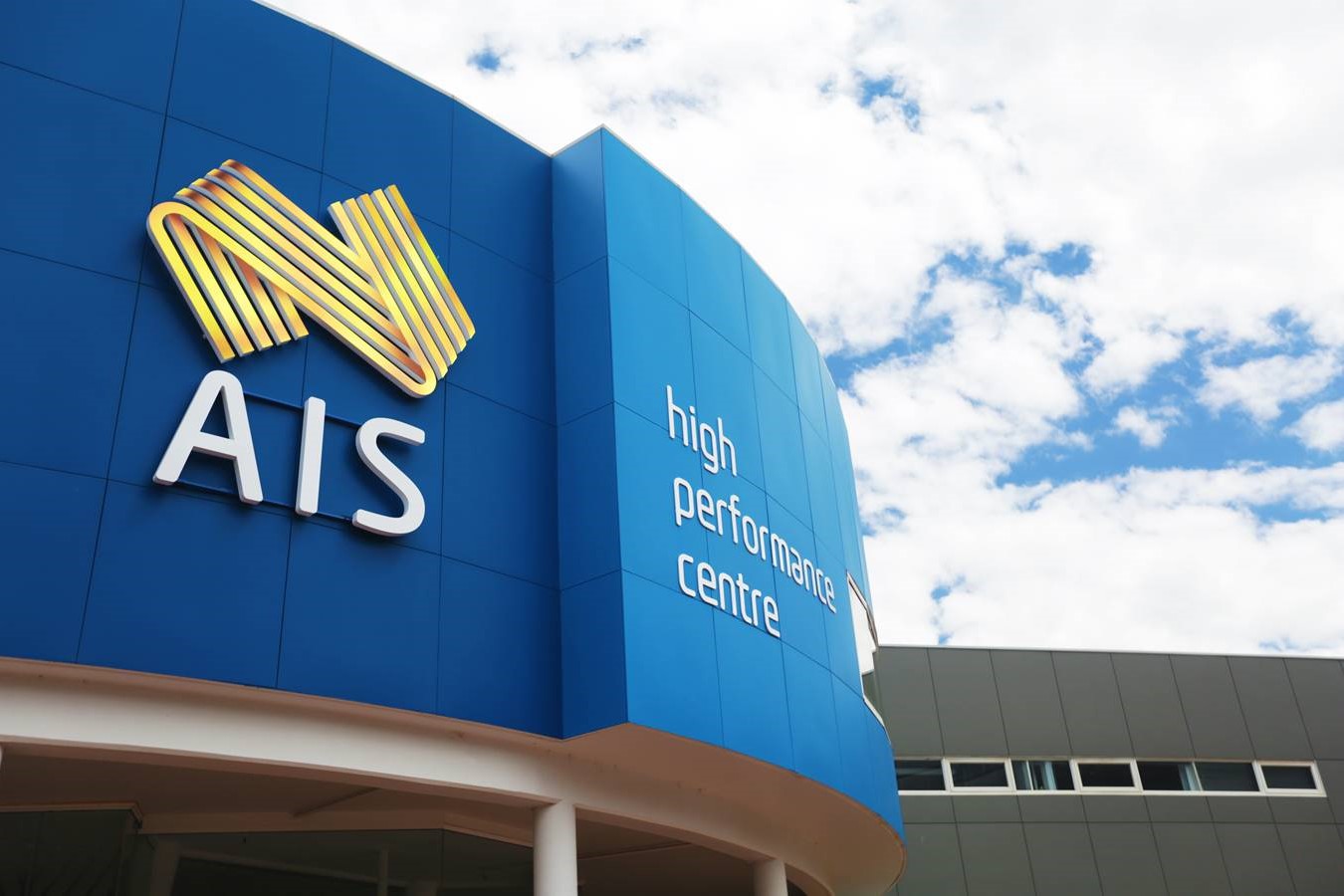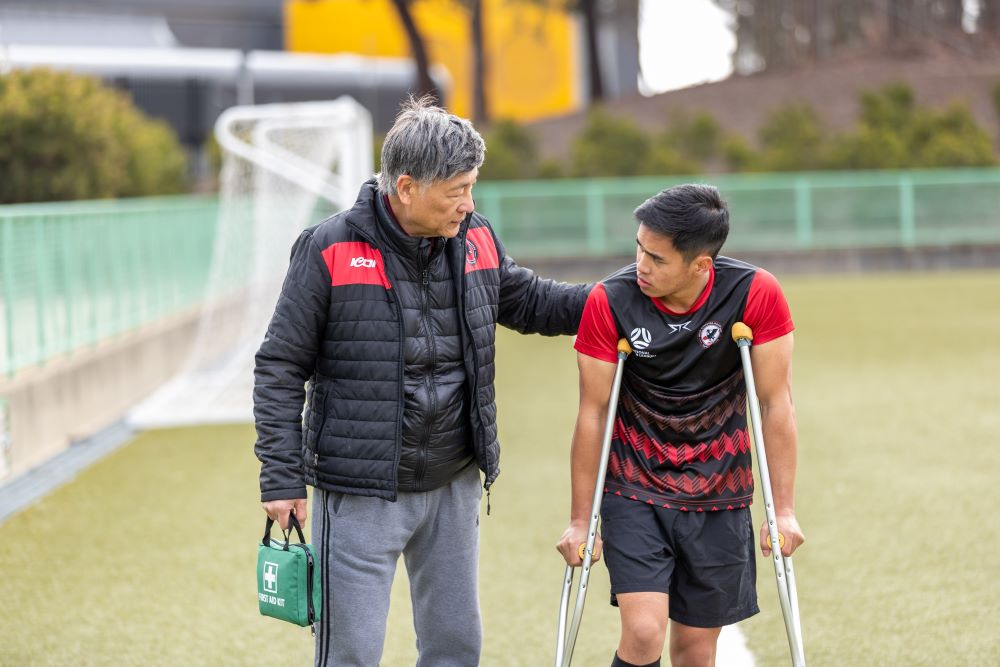08 April 2024
The Australian Institute of Sport (AIS) has announced four new research projects to better support and improve the experience of athletes returning to sport after injury or illness.

From examining ways to enhance athlete wellbeing during rehabilitation to improving the recovery time from lower back injury, the 2024 AIS Research and Development Grant Program will be a collaboration with Deakin University, The University of Technology Sydney, Edith Cowan University, and La Trobe University.
The newly announced projects are part of the ‘Successful Athlete’ priority of the National High Performance Sport Research Agenda (NHPSRA), which was implemented in 2022 to promote applied research supporting sustained sporting success at the highest level.
The AIS Research and Development Grant Program funding will cover two years of research, with improved decision-making in the context of return to play and sport performance and safe management of injuries and illnesses the goal of all four projects.
“We are thrilled to announce the successful recipients of the 2024 AIS Research and Development Grant Program,” Australian Sports Commission EGM of AIS Performance Matti Clements said.
“The chosen projects are a testament to our unwavering commitment to the priorities outlined in the National High Performance Sport Research Agenda, particularly in ensuring a safe and efficient return to play for our athletes."
AIS Chief Science Officer, Dr Paolo Menaspà, is confident the projects will result in clearer guidelines for athlete injury and illness management.
"The complexities involved in decision-making processes for returning elite athletes back to the field of play are among the most intricate in high performance sport,” Menaspà said.
“We are confident that these research initiatives will pioneer significant advancements in these processes, as well as in the management of injuries and illnesses, paving the way for a safer and more efficient sporting environment.”
The AIS Research and Development Grant Program has supported 21 research projects since 2022, many of which are scheduled to be completed within the next two years.

The 2024 AIS Research and Development Grant Program:
- Beyond Injury Recovery: How Performance Support Practitioners Collaborate to Facilitate Holistic Athlete Wellbeing During the Return to Play Journey
In collaboration with Deakin University, this project will focus on athlete wellbeing during the return to play process, emphasizing collaboration among performance support practitioners to address athletes' mental, emotional, and social needs.
- Return-to-Sport Using Decision Determinants to Evaluate Risk of Re-injury in Sport
The University of Technology Sydney (UTS) will work with the AIS to understand decision-making processes involved in returning athletes to sport, with a focus on reducing the risk of reinjury and potential conflicts among stakeholders.
- Quantifying Adaptability Within and Between Tasks as a Novel Measure for Return to Play Testing and Monitoring
In partnership with Edith Cowan University, this project evaluates movement variability and adaptability in athletes, aiming to provide insights for decision-making regarding athletes' readiness to return to sport post-injury.
- Predicting the Recovery of Elite Athletes from Low Back Pain
This multi-centre study by La Trobe University and the AIS focuses on elite athletes with low back pain. It aims to develop resources to predict recovery timelines and inform decisions regarding the athletes' return to training and performance.